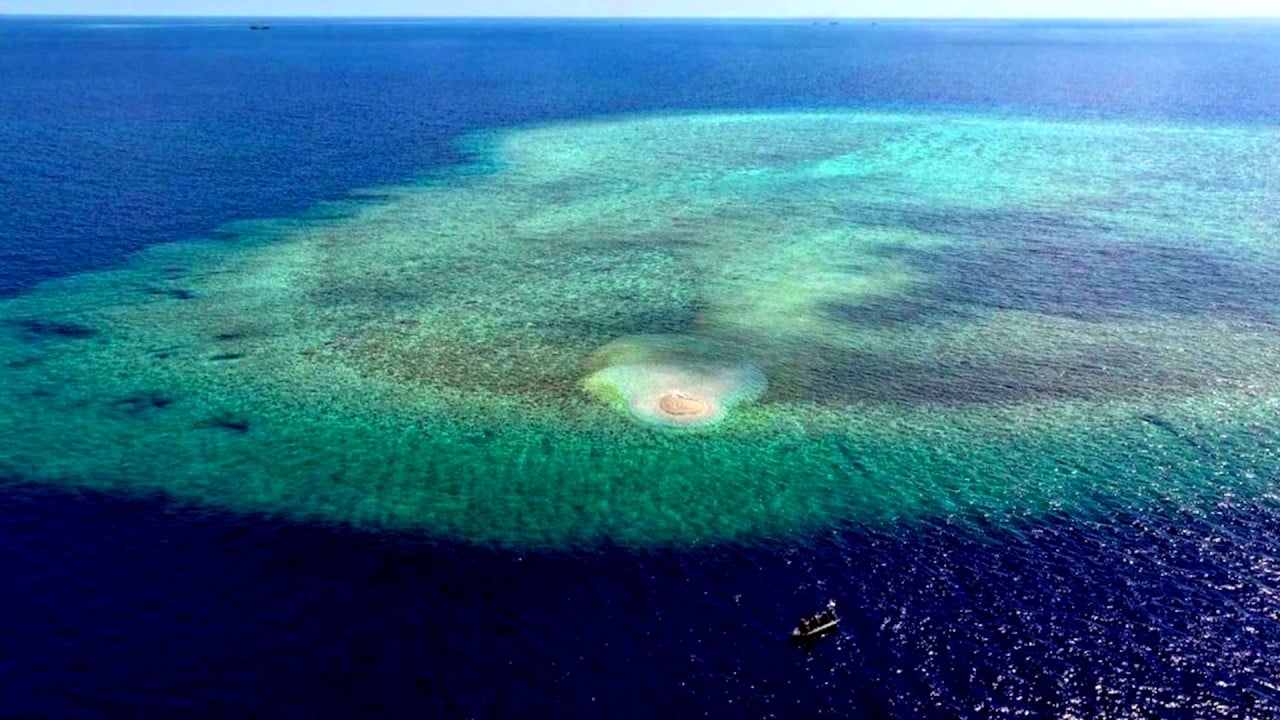South China Sea: China blames Philippines as ships collide at Second Thomas Shoal
The Philippine government had not issued a statement on the most recent events at the Second Thomas Shoal by noon on Monday.
Referred to as Renai Jiao by China, the shoal under Manila’s control has been the focal point of multiple sea stand-offs. The Chinese coastguard has been accused of ramming Philippine supply vessels and using water cannons against them, sometimes damaging the ship and injuring people on board.
The frequent face-offs at sea between Beijing and Manila show no sign of abating. More recently, tensions have also been brewing at Sabina Shoal, known as Escoda Shoal in the Philippines, around 139km (75 nautical miles) west of Palawan, the westernmost island province of the Philippines.
Last week, China Coast Guard said it took “restrictive measures” towards the Philippine boats that landed on the islets of Sabina Shoal – known as Xianbin Jiao in Chinese.
China claims nearly the entire South China Sea but overlapping areas are claimed by the Philippines, Brunei, Malaysia and Vietnam.
Last week, the Philippines submitted a claim to a United Nations body for an extended continental shelf off the coast of western Palawan province in the South China Sea. This action challenges China’s sweeping territorial claims in the region.
Under the 1982 United Nations Convention on the Law of the Sea, a coastal state can secure exclusive rights to exploit resources in its continental shelf, which can extend up to 350 nautical miles, including the right to authorise and regulate drilling activities.
